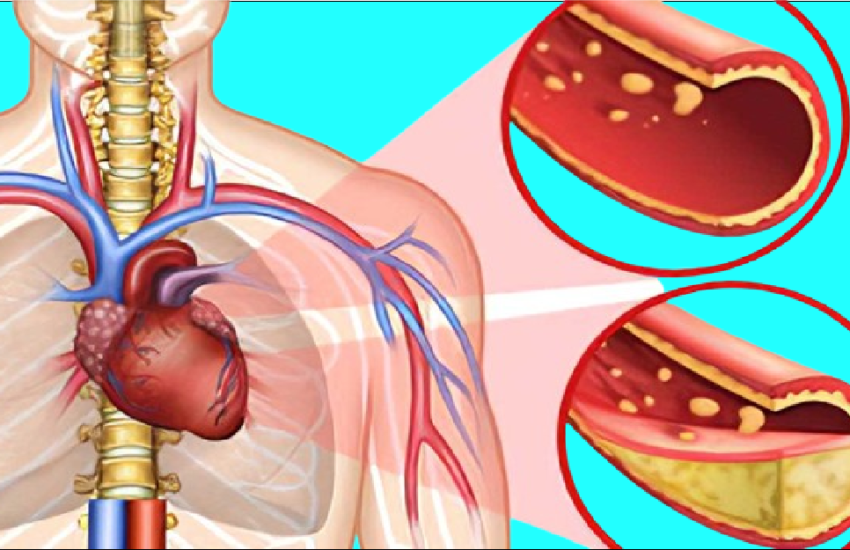6 warning signs that your heart is not working as it should
Heart disease remains the leading cause of death, but preventive measures can significantly reduce its incidence. Adopting healthy habits such as not smoking, exercising 150 minutes a week, and maintaining a nutritious diet can go a long way in preventing heart disease. However, being aware of the signs of an unhealthy heart is crucial and can be life-saving, as early detection leads to improved survival rates. According to the specialized medical website “All of this and not that,” here are 7 signs that indicate a weak heart and possible malfunctions.
Warning signs of decreased heart function
Although the heart works well, malfunctions can occur, indicating potential health problems. Recognizing these warning signs is crucial for immediate intervention and treatment. The most common indicator of heart problems is chest pain, which is often accompanied by shortness of breath, nausea, and sweating, which may indicate a heart attack and requires immediate medical attention.
Other warning signs include dizziness, fainting, lightheadedness, and irregular heartbeat. It is necessary to seek medical advice as soon as these symptoms appear, as many heart diseases can be controlled if detected early. Therefore, it is important not to delay seeking professional evaluation for heart-related concerns.
The main signs of heart failure
shortness of breath:
Dr. Mitchell points out that shortness of breath is one of the prevalent symptoms in various heart diseases, and is often caused by the heart’s inability to pump a sufficient amount of blood to meet its oxygen needs. This can lead to fluid accumulation in the lungs, causing breathing difficulties, especially in cases of heart failure.
Persistent cough:
A persistent cough may indicate a heart defect, as inefficient blood pumping can lead to fluid accumulation in the lung, leading to coughing. In addition, heart-related pneumonia may contribute to persistent cough, warranting medical evaluation.
Swelling in the extremities:
Swelling of the legs, ankles, and feet can indicate heart failure, as poor circulation can lead to fluid retention in the tissues. When accompanied by other symptoms such as shortness of breath and fatigue, it requires specialist evaluation.
exhaustion:
Fatigue, a common symptom of heart disease, results from an insufficient supply of oxygen-rich blood to the body due to inefficient pumping of the heart. Seeking medical evaluation for persistent fatigue is crucial to ruling out cardiac causes.
Dizziness or vertigo:
These symptoms may indicate decreased blood flow to the brain due to an inefficient heart or an irregular heartbeat, necessitating immediate medical attention for proper diagnosis and treatment.
Arrhythmia:
An irregular heartbeat, known as arrhythmia, may appear without symptoms or cause chest pain, shortness of breath, fainting or cardiac arrest, highlighting potential problems with heart function.
source:
Angina, characterized by tightness, pressure, or squeezing in the chest, can indicate insufficient oxygen supply to the heart. Seeking urgent medical attention for chest pain is essential to rule out serious conditions such as a heart attack.
Adapting to these signs and seeking medical advice quickly can significantly impact your heart health outcomes and quality of life.


